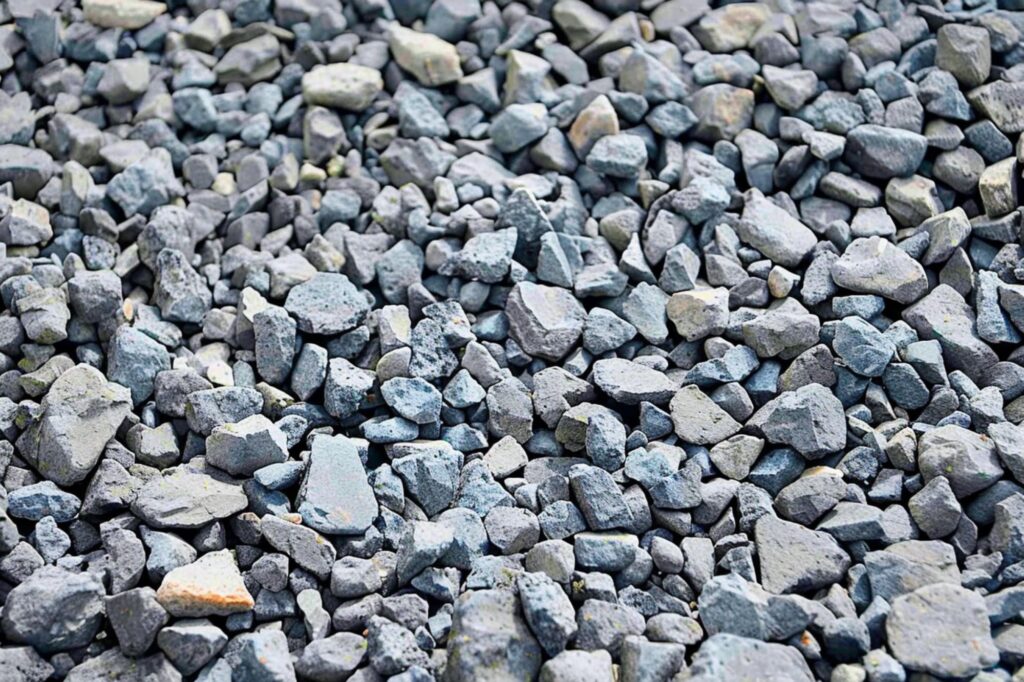When choosing the material for your driveway in Waco, two popular options come to mind: concrete and gravel. Each has its pros and cons, which can make deciding tricky. This blog aims to help by comparing these materials in detail, from installation to maintenance, so you can pick the best option for your home.
Overview of Driveway Materials
What is a Concrete Driveway?
Concrete driveways are made from a mixture of cement, water, sand, and gravel. This combination creates a hard, solid surface that can last for many years. Homeowners often choose concrete because it offers a smooth finish and can be customized in various ways.
What is a Gravel Driveway?
A gravel driveway, on the other hand, consists of small stones, pebbles, and sometimes sand. These elements are spread over a compacted soil base. Gravel driveways are popular for their rustic look and relatively low installation cost.
Comparing Concrete and Gravel Driveways
Installation Process
Concrete: Installing a concrete driveway involves preparing the base, framing the area with forms, mixing the concrete, pouring it, and then allowing it to cure for several days. While this process can be straightforward, it requires precision and timing to ensure the surface is smooth and even.
Gravel: Gravel driveways are simpler to install. Once the area is leveled and a base layer is compacted, the gravel is spread over the top. This process can typically be completed in a day and used immediately, which is a significant advantage for those who need a quick solution.
Maintenance Requirements
Concrete: Maintenance for concrete driveways includes regular cleaning and sealing to prevent stains and cracks. Although concrete is durable, it can develop cracks over time, which may require patching or an entire resurfacing to repair.
Gravel: Gravel driveways need regular raking to keep the surface level and smooth. They also require top-ups of gravel to replace what gets pushed aside by vehicles or washed away by rain. Weeding can also be more frequent with gravel, as seeds can easily find a home among the stones.
Durability and Longevity
Lifespan of Concrete Driveways
Concrete driveways can last up to 30 years if properly maintained. The longevity of concrete is one of its biggest advantages. However, the lifespan can be affected by weather conditions such as extreme temperatures and heavy rainfall, which are common in Waco.
Lifespan of Gravel Driveways
Gravel driveways, while not as long-lasting as concrete, can still serve well for many years. The key to gravel’s longevity is proper maintenance, including regular topping up and ensuring good drainage to prevent the stones from washing away.
Aesthetic and Design Options
Aesthetic Appeal of Concrete
Concrete is not only practical but also versatile in appearance. It can be finished in various ways to enhance your home’s curb appeal. Stamped concrete, where patterns are imprinted onto the freshly poured concrete, offers a range of looks from cobblestone to brick. Additionally, it can be stained or dyed to match your home’s color scheme, providing a sleek, uniform appearance.
Aesthetic Appeal of Gravel

Gravel offers a more natural and rustic look that can beautifully complement a country or cottage-style home. It comes in a variety of colors and sizes, allowing for customization that can harmonize with the surrounding landscape. While gravel might shift over time, its natural appearance can be very appealing for those who prefer a more laid-back and traditional driveway.
Common Issues with Driveway Materials
Issues with Concrete Driveways
Concrete driveways, while durable, are not without their issues. They can crack due to weather changes or heavy loads, and once cracked, water can seep in, causing further damage. Stains from oil, dirt, or leaves can also mar the appearance of a concrete driveway, requiring regular cleaning and periodic resealing to maintain its look.
Issues with Gravel Driveways
Gravel driveways face different challenges. They can scatter and spread, leading to uneven surfaces and the need for frequent leveling. Weeds can sprout through the gravel unless landscape fabric is used beneath it. Moreover, gravel can migrate onto sidewalks and into the street, necessitating regular raking and occasional replenishment.
Cost Analysis
Concrete Driveways: Initially, concrete driveways are more expensive to install than gravel. However, their long-term maintenance costs are often lower because they don’t require frequent top-ups or leveling. The upfront cost pays off in the long run due to concrete’s durability and longevity.
Gravel Driveways: Gravel is cheaper to install initially but may end up costing more over time due to ongoing maintenance needs such as regrading, adding new gravel, and weed control. However, for those on a strict budget or in need of a quick installation, gravel can be a cost-effective option.
Environmental Considerations
Both driveway types have environmental impacts. Concrete is impermeable and can lead to runoff issues unless properly managed with drainage systems. However, it is durable and doesn’t need frequent replacements.
Gravel is more permeable and better for groundwater replenishment, but it can contribute to sediment in runoff, which may affect local waterways.
Frequently Asked Questions
Which driveway is better for snowy regions?
Concrete is generally better in snowy areas because it provides a solid, flat surface that is easier to clear with a snowplow or shovel. Gravel can be challenging as stones may end up being shoveled up with the snow.
How do I prevent weeds on my gravel driveway?
Use a high-quality landscape fabric under the gravel to minimize weed growth. Regular maintenance and herbicide applications can also help keep weeds at bay.
Can concrete driveways be repaired if they crack?
Yes, small cracks can be filled with a concrete repair caulk or sealant. Larger damage may require patching or a complete resurfacing depending on the extent of the damage.
Is gravel environmentally friendly?
Yes, gravel is one of the more environmentally friendly options since it allows water to permeate and does not involve manufacturing processes that emit significant CO2, unlike concrete.
Conclusion
Choosing between a concrete and gravel driveway involves considering aesthetics, cost, maintenance, and environmental impact. Both options have their merits and can serve well depending on your specific needs and local climate. Consider your long-term goals and immediate needs to decide which material is best for your home in Waco.

